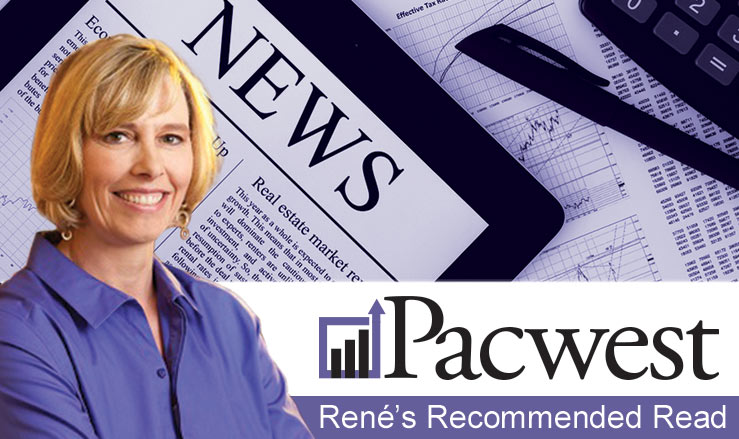
Looking at investing in commercial real estate? You’ll certainly want to take a moment to understand the different types of leasing options available.
3 Types of Commercial Real Estate Leases | CRE Blog
If you’re just plunging into the world of commercial real estate leases, you might feel a little overwhelmed by the different terms used in the field. You might even feel unsure of what you’re getting into. But those terms aren’t as intimidating as many people think.
“You might feel a little overwhelmed by the different terms used in the field”, says author David O’Rell in an article posted on The Commercial Search Source.
O’Rell goes on:
All leases are based around two main calculation methods – gross and net. Within each method, there are a variety of types: full service lease, which is also referred to as full service gross, modified gross, and a variety of net lease, including triple net. These leases provide a base from which rent and expenses are calculated.
Basics Of Gross And Net Leases
With both types of leases, the tenant pays a base rent for the property and the type of lease determines which party pays the other operating expenses.
The author explains the basic differences this way:
For instance, in a gross lease, the tenant is expected to pay a monthly lump sum rent that includes utilities, taxes, maintenance fees, janitorial fees, security fees, etc. The landlord includes all these fees in the rent and then pays for these expenses on behalf of the tenant.
For a net lease, the fundamental principle is that the landlord charges only the base rent, and the tenant contracts and directly pays for any other operating expenses including property taxes, insurance, janitorial services, maintenance fees, security fees, water, trash fees and other costs.
Types Of Gross Leases
Full Service or Full Service Gross Lease
In this lease, all operating expenses are included in the rent. The rent charged is usually high, but it’s the only expense to consider. O’Rell finds that “those tenants who do not like to be involved in the everyday expenses of the building prefer this type of lease”, and he finds that:
The main advantage with this lease is that the rent remains fixed, even if the expenses change. For instance, during summer, when electricity costs increase because of air conditioning, the rent remains the same. This lease is common in multi-tenant industrial or office buildings and retail shopping centers.
He does point out that some of these leases do contain language allowing certain increases in operating expenses to be passed along.
Modified Gross Lease
This commercial lease is a combination of gross and net leases and (confusingly) may also be referred to as a Modified Net Lease. O’Rell sees this type as a comfortable middle ground for both parties as operating expenses and rent are fully negotiable.
Type Of Net Leases
Net leases are very flexible and are often found on single-tenant buildings. O’Rell explains that:
…the amount paid to the landlord will be less than a gross lease, as the tenant is responsible for paying operating costs including insurance, property taxes and common area maintenance (CAM) items.
Single Net Lease
The tenant is responsible for paying property taxes in addition to rent. The landlord pays for insurance and maintenance associated to the building. In most cases, the tenant is responsible for paying for utilities as well as garbage and janitorial services.
Double Net Lease
A double net lease is similar to a single net lease, but in this case the tenant pays for property insurance in addition to rent and property taxes.
Triple Net Lease
The triple net lease is one of the most common lease types in the commercial real estate market today. The tenant is responsible for paying rent, property taxes, insurance, and any maintenance costs. As a result, triple net leases are a favorite of landlords.
Absolute Triple Net Lease
With the absolute triple net lease, the tenant pays all the costs, giving them full responsibility for the building. The responsibility on the tenant is similar to buying the building altogether. The advantage of this lease is that the tenant virtually owns the building without purchasing it. However, if catastrophe strikes and the whole building is destroyed, the responsibility solely lies on the tenant.
The Value Of Talking To An Expert
There’s a lot to wrap your arms around when you’re investing in commercial real estate. And lease types are just the tip of the iceberg. You simply have too much at stake to go it alone.
Do the right thing and make a call to Pacwest Commercial Real Estate. They are the acknowledged commercial real estate experts in the Eugene-Springfield area. Give them a call at 541-912-6583 today!

Recent Comments